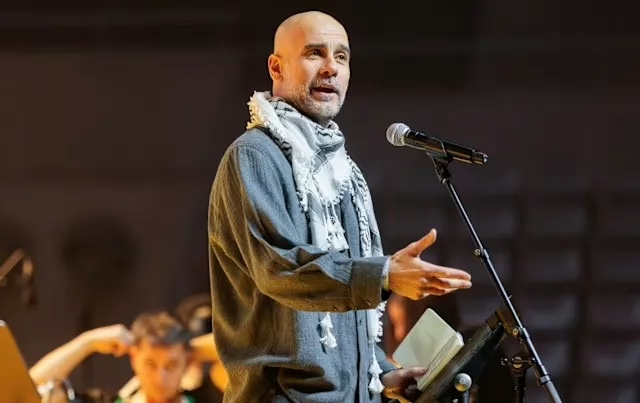Former Minister of Works and Housing, Babatunde Fashola, yesterday, stressed the need for states to decide their own minimum wage, saying it was important for wages to move from the exclusive to concurrent list.
He noted that it was important to rationalise that wages should not be uniform if resources and cost of living are not uniform.
The position was contained in his book titled: “Nigerian Public Discourse: The interplay of empirical evidence and hyperbole,” which was presented in Lagos.
According to him, it is important for Nigerians to renew their mindsets and attitudes, in addition to the call to restructure the political and administrative arrangements.
The Lagos State ex-governor observed that as the nation grapples with the issue of minimum wage, he expected the voices of restructurers, apostles of true federalism and resource control to back the advocacy for diverse wages.
“Sadly, I have not heard those voices raised at the same decibel, as they have argued for restructuring,” he added.
Fashola said when the constitution amendment to allow for the creation of state police was voted down, very few of the champions of wholly federal arrangements raised a whimper.
He stated: “I have previously said, and I repeat my views, that multilevel policing by whatever name is called, is something that I agree with.”
The Senior Advocate of Nigeria (SAN) queried reason for true federal arrangement without decentralised law enforcement, observing: “when you have a decentralised judiciary and law making arrangement, shouldn’t states that make their laws have their own agencies to enforce them and local governments that make bylaws have their own community policing?”
He said even though proponents of restructuring have not been specific, some of them want a parliamentary, and not a presidential system of government.
Fashola maintained that in a parliamentary system, a prime minister might be in power for 16 years for as long as he is leader, “given our current realities and diversity as a people, is that desirable in our land?”
He pointed out that it was during the parliamentary system that the political crisis of the 1960s started, and with a combination of other factors, led to a civil war in which many died.
“They (younger generation) must read up about it and demand more explanation as to why it did not prevent our division from resulting in a full-blown civil war.
“Of course, we must not forget that the United Kingdom parliamentary system has produced four prime ministers in the last 12 years, including the incumbent. Do we want such rapid political leadership changes like this? What does it portend for policy consistency and continuity?
“All I can add is that empirical evidence has shown that diversity such as we have is better managed with a federal arrangement, and that this generation should look before they leap.”







Leave a Reply